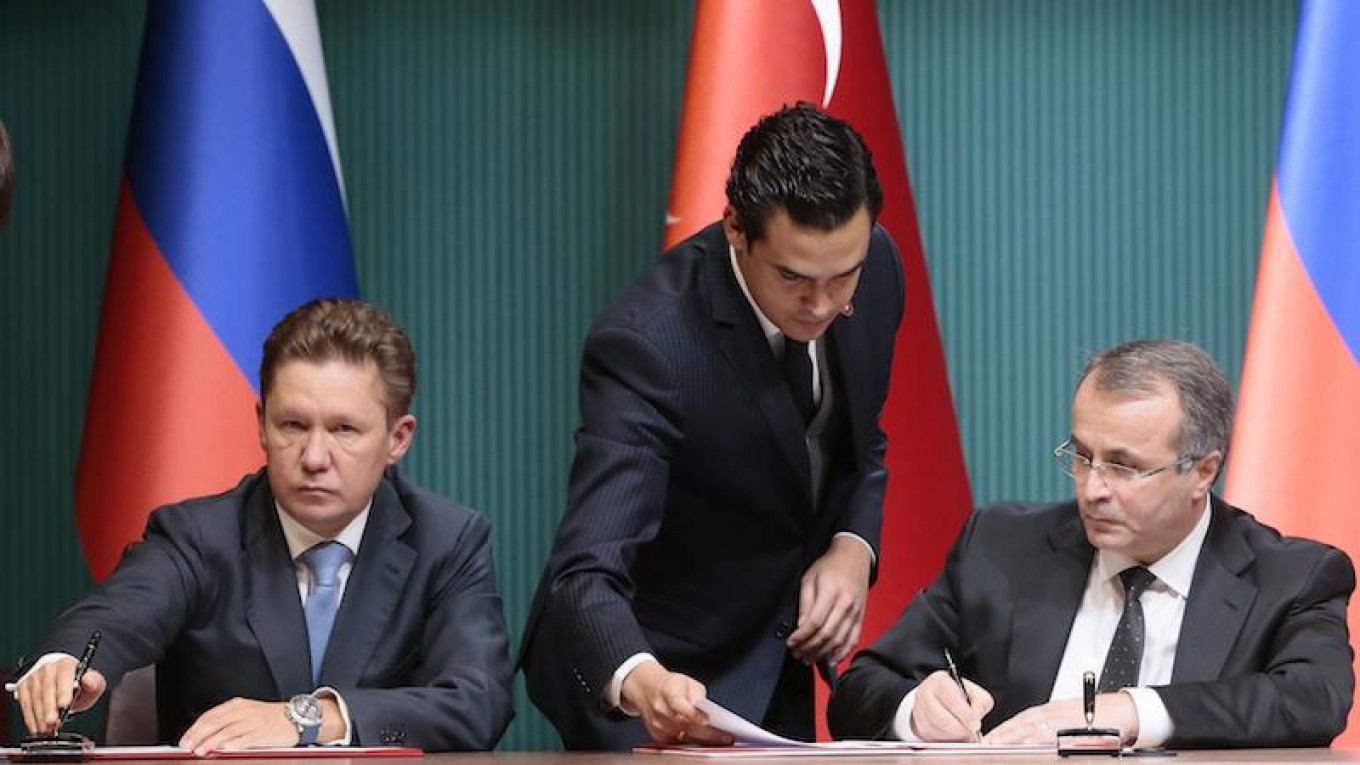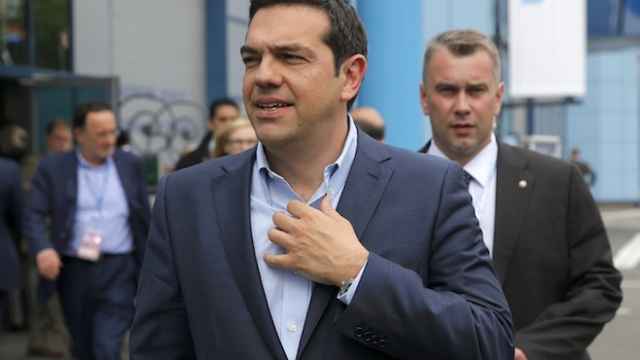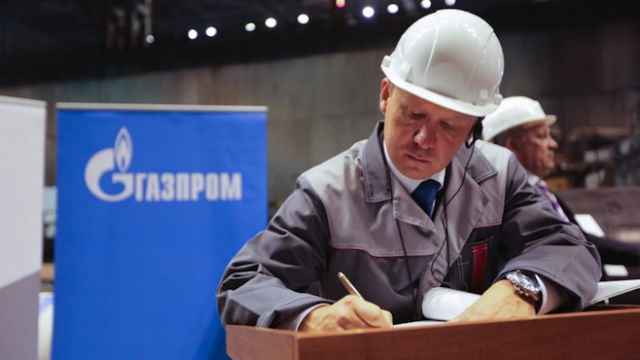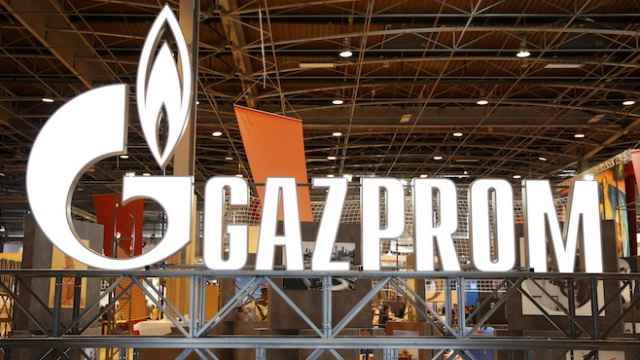Turkish-Russian mega-project the Turkish Stream could soon be revived amid improving ties between Ankara and the Kremlin. The natural gas pipeline, which was designed transport gas from Russia to Turkey and Greece via the Black Sea, was originally scrapped in December 2015 by Turkish President Recep Erdogan. He blamed Russian “non-compliance” for the project's failure: Moscow had refused to discuss the pipeline following the downing of a Russian jet by Turkish forces in November.
Yet recent announcements show a distinct change of heart in both Erdogan and Putin governments. After meeting with a Turkish Economics Minister Nihat Zeybekci, Russian Energy Minister Alexander Novak announced that the Kremlin was ready to resume talks on joint projects in the energy sector. “The Turkish Stream is completely in Turkey's interests.This project will make gas deliveries to the country more reliable and profitable,” said Novak.
The Turkish government, still reeling from an attempted coup in the country on July 15, also expressed their renewed support for the project. “The Turkish Stream is beneficial for both countries,” Zeybekci said.
An intergovernmental agreement on the project could be signed as early as August 9, when Putin and Erdogan meet in St. Petersburg, said Gazprom deputy chairman Alexander Medvedev.
The initial Russian infrastructure for the Turkish Stream is ready: one line of the Southern Corridor and a compressor station in the Krasnodar region have already been built. Only the construction of a second line for deliveries to southern Europe remains in doubt. The connecting Poseidon pipeline from Greece to Italy has not progressed beyond the paper stage as Europe strives to diversify its supply of gas.
Gazprom delivered 27 billion cubic meters of gas to Turkey in 2015, making it the company’s second largest customer after Germany. The company first reached agreement on the Turkish Stream project with the Turkish firm Botas back in 2014.
Vygon Consulting senior analyst Maria Belova believes that Gazprom has a stronger negotiating position now than it did in the fall of 2015. The is due in part to the progress made on other gas pipeline projects such as Nord Stream 2, but also thanks to the possibility of implementing the so-called South Stream Light, a gas pipeline through Bulgaria, she said.
Yet as Ankara began searching for alternatives to Russian gas as ties with Moscow soured at the end of 2015, it would be unrealistic to expect Turkey to drastically increase gas supplies from Moscow, said Sberbank CIB analyst Valery Nestorov.
Botas has reduced its reliance on Russian gas in recent years as the Turkish government adopted a policy to liberalize the gas market, said National Energy Security Foundation deputy CEO Alexei Grivach. Upcoming talks between Ankara and Moscow could examine the extent to which Botas can operate as a gas importer versus a private trader.
The desire to deliver gas throughout southern Europe via the Turkish Stream could also be problematic. There is also a strong political opposition to Russian gas, said Raiffeisenbank analyst Andrei Polishuk. Details on building the necessary infrastructure to move the gas from Turkey into Europe are still unclear, and there is no reason as of yet to build a second branch line. Turkey only needs a single stream to fulfill its gas needs, but without a second stream to deliver to southern Europe, Gazprom will not recover its investment in the project, even at full capacity, said East European Gas Analysis director Mikhail Korchemkin.
Turkey itself is ambiguous about the project. Writing in Turkish newspaper Hurryet, a researcher for the Hazar Strategy Institute, Elnur Ismail, argued that the new pipeline would strengthen Turkey’s position as an important regional hub. The country’s main gas consumers are located in northwest Turkey and the project would improve the reliability of supplies to that region. Yet ultimately, the Turkish Stream would increase Turkey’s dependence on Russian gas just as Ankara looks to end that reliance.
A Message from The Moscow Times:
Dear readers,
We are facing unprecedented challenges. Russia's Prosecutor General's Office has designated The Moscow Times as an "undesirable" organization, criminalizing our work and putting our staff at risk of prosecution. This follows our earlier unjust labeling as a "foreign agent."
These actions are direct attempts to silence independent journalism in Russia. The authorities claim our work "discredits the decisions of the Russian leadership." We see things differently: we strive to provide accurate, unbiased reporting on Russia.
We, the journalists of The Moscow Times, refuse to be silenced. But to continue our work, we need your help.
Your support, no matter how small, makes a world of difference. If you can, please support us monthly starting from just $2. It's quick to set up, and every contribution makes a significant impact.
By supporting The Moscow Times, you're defending open, independent journalism in the face of repression. Thank you for standing with us.
Remind me later.






